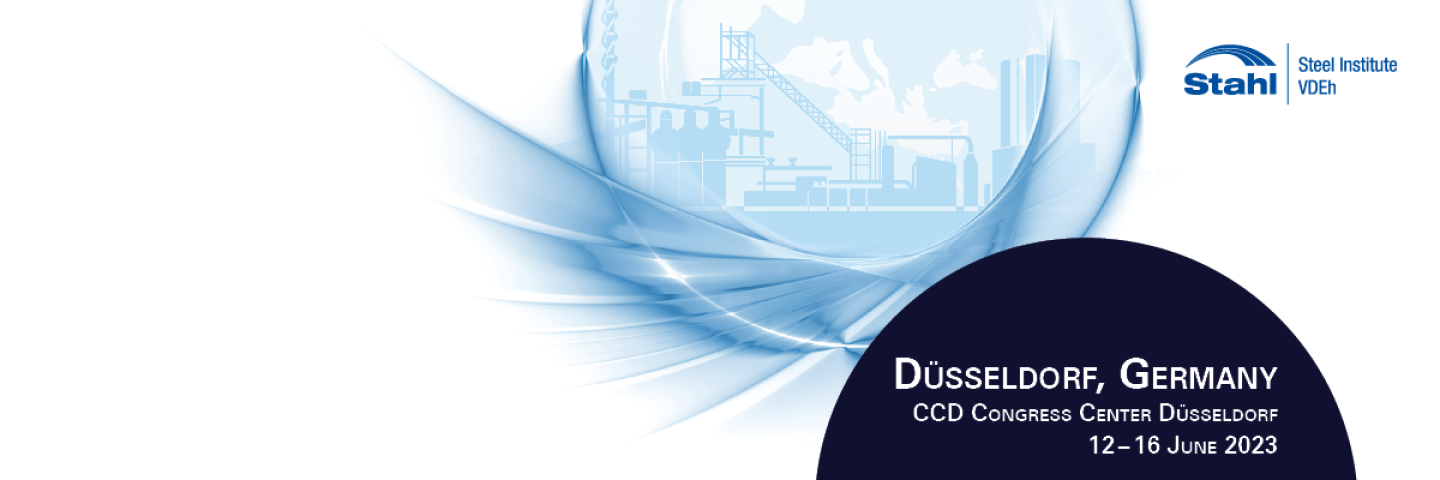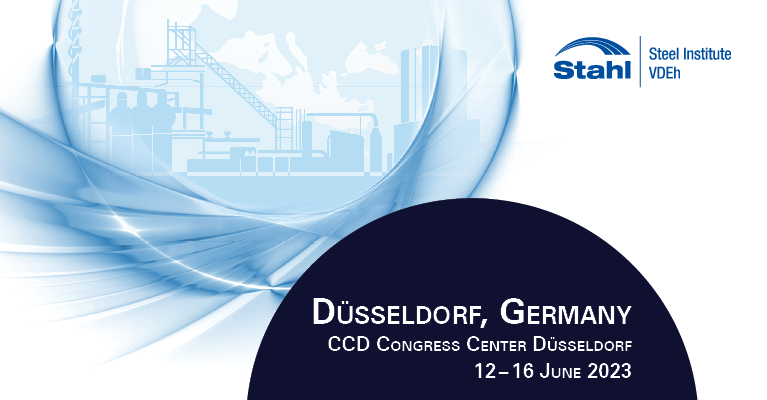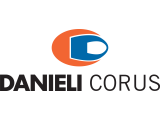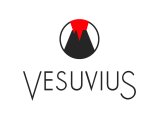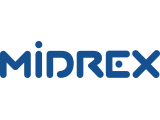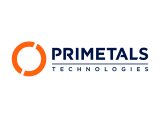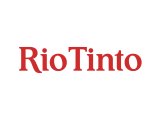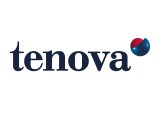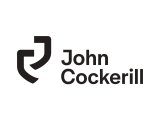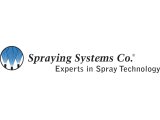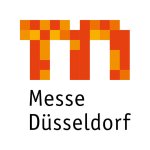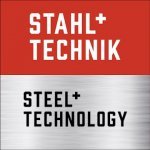VDEh welcomed over 1,300 participants to the 6th ESTAD
From 12-16 June 2023, "METEC & 6th ESTAD", the largest iron and steel conference in Europe, was once again held in Düsseldorf. The Steel Institute, VDEh, organised the conference in parallel with the leading metallurgy trade fair, METEC, which was part of the trade fair quartet GIFA, METEC, THERMPROCESS and NEWCAST. This "Bright World of Metals" and ESTAD once again made Düsseldorf the metallurgical hub of the world for one week. The conference alone attracted 1,300 participants from over 40 countries.
When the VDEh founded the European Steel Technology and Application Days (ESTAD) ten years ago, the idea was to create a European metallurgy conference as a counterpart to the major congresses in North America and Asia. The idea was a flagship conference bringing together steel manufacturers, suppliers, users, universities, research institutes and plant engineers. The plan worked: Right from the start, the response to the new conference concept was great, and this year ESTAD was once again the largest steel conference in Europe with almost 550 presentations. Steel experts from 240 companies from 33 countries gave presentations on the topics of Ironmaking, Steelmaking, Rolling & Forging, Industry 4.0, Steel Materials as well as Hydrogen-based Steelmaking. The largest representation came from companies from Germany, Austria, Italy, and Sweden – the nations from which the ESTAD cooperation partners VDEh, ASMET, AIM and Jernkontoret and the largest steel industries in Europe exist. On the other side of the Atlantic, the USA, Canada and Brazil were strongly represented, as well as from Asia, especially, South Korea and Japan. In terms of sectors, plant construction was in the lead in view of the upcoming transformation.
Despite the broad range of topics, this year's ESTAD was dominated by "Hydrogen-based steel production". This was evidenced not only by its own conference session with over 100 presentations, but also by a full-day keynote session under the motto "The steel industry on its way to green steel". The VDEh was able to win over almost 20 high-ranking decision-makers to present their strategies and solutions for a CO2-neutral future. Many of these speakers came from Europe, however with Ronald Ashburn from AIST and Shin Myounkyung from POSCO, for example, American and South Korean plans were also presented.
After a get-together on the eve of the conference, conference chair Heike Denecke-Arnold, COO thyssenkrupp Steel Europe, officially opened the event on the morning of 13 June with a presentation on the ESTAD history with its impressive facts and figures. She pointed out that ESTAD came at just the right time for the transformation of the steel industry. Henrik Adam, Chairman of the Steel Institute VDEh, also emphasized the important role of METEC & ESTAD in this transformation: “Conferences as well as trade fairs are a hub for communication, ideas, and know-how. People from all over the world – in the case of ESTAD from more than 40 countries – come together to further their know-how, to establish networks and to exchange opinions and arguments”. As such, he said, “it represents an important component for the transformation. It will be the stage to present the European transformation to the world because CO2 neutrality must not end at our borders”. This was also emphasized by guest speaker, Karsten Pinkwart, member of the National Hydrogen Council, in his opening on the production, transport and storage of hydrogen.
------------------------------------------------------------
“METEC and 6th ESTAD come at exactly the right time for the transformation of the steel industry!"
Dr. Heike Denecke-Arnold, Conference Chair and COO thyssenkrupp Steel Europe
------------------------------------------------------------------
"The ESTAD is a hub for ideas, opinions and arguments. As such, it represents an important component in the transformation of the steel industry."
Dr. Henrik Adam, Chairman Steel Institute VDEh
------------------------------------------------------------
In the subsequent programme of the all-day keynote session on CO2 neutrality, decision-makers from the steel industry, plant engineering, and association work presented their concepts and solutions on the way to green steel. Only a few can be mentioned here as examples:
Peter Juchmann, Head of Technology Development Direct Reduction at Salzgitter Flachstahl, showed that with the company's own SALCOS project and optimised recycling management, climate-friendly primary steel production would be possible as early as 2026 – and in the next step CO2 savings of up to 95 % in 2033. Luc Bol, Director Optimisation Iron & Steel at Tata Steel IJmuiden, clarified that for a successful and sustainable transition, in addition to green hydrogen and renewable energies, government support as well as timely and careful permits were also necessary. Heike Denecke-Arnold, CEO thyssenkrupp Steel Europe, focused on process safety in green steel production. She emphasised that in the tkH2Steel project the production processes in the steel plant, including the converter, would remain in place. Proven quality concepts would therefore not have to be changed, and stability in the approval processes would continue to be guaranteed. Myungkyun Shin, Senior Vice President of POSCO, presented the HyREX project, whose technology can become an important factor in the future tight market for direct reduction pellets: the production of DRI (Direct Reduced Iron) from iron ore fines without upstream agglomeration.
Electric steel companies are already one step ahead in climate neutrality due to their processes. However, they also face major challenges: On the one hand, the conversion of the energy used in the electric arc furnace to 100 % green power, and on the other hand, the effects of the transformation on the scrap market. This was the point of departure for Jean-Frédéric Castagnet, Director Technology & Innovation at Georgmarienhütte, who emphasised the necessity of further developing the circular economy. Thomas Reiche from the FEhS Institute then pointed out that a lot of research work will still be necessary to increase the quality and properties of the new slags of CO2 neutral steel production so that they can be a similarly sought-after product on the market as today's blast furnace slags.
Special attention was also paid to the technological solutions of the plant manufacturers for green steel production, whose innovative strength will be one of the deciding factors for the success of the transformation. The focus was particularly on the various possibilities of hydrogen-based direct reduction and the subsequent melting of the DRI in the Electric Arc Furnace and in the Open Bath Furnace or Submerged Arc Furnace. All plant manufacturers were in complete agreement that the transition will take place worldwide at different speeds and over decades. The EU, the USA and the Asian industrialised nations would start installing green steel production, but politics and markets will need time to create incentives and conditions for the green transformation. Establishing a definition of "green steel", a green label system and the creation of green lead markets are the challenges here.
In the almost 550 specialist presentations on the second and third days of the conference, participants were able to obtain comprehensive information on the latest developments in the fields of iron and steel production, rolling and forging, digitalisation and Industry 4.0, surface technology, steel materials and additive manufacturing, and of course CO2 reduction, environmental protection, and energy. Across sessions, the content focus was on direct reduction, hydrogen metallurgy, melting down DRI, AI in production to self-learning steelworks, modelling of processes, optimisations of the circular economy, purity levels of steels, new steel materials and additive manufacturing. With these focal points, ESTAD served the two major topics of decarbonisation and digitalisation on the one hand, but also the traditional topics of iron and steel production on the other. After three days of lectures and discussions, ESTAD concluded its programme on 16 June with plant visits to thyssenkrupp Steel, Hüttenwerke Krupp Mannesmann, ArcelorMittal Duisburg, Tata Steel IJmuiden, and Deutsche Edelstahlwerke Specialty Steel Witten.
With its number of participants and lectures, as well as the broad and modern range of topics, ESTAD was able to write an absolute success story. Furthermore, the Steel Institute VDEh as the organiser was particularly pleased to be able to give metallurgists and materials engineers from all over the world, once again, a platform and meeting point to exchange ideas, particularly, after the many years-long pandemic. Because without this, the transformation will not succeed.
Opening and Keynote Speakers – The Steel Industry on its way to green Steel
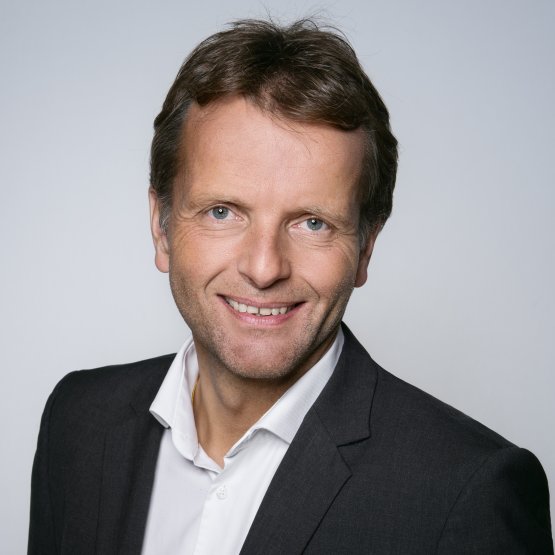
Thomas Reiche
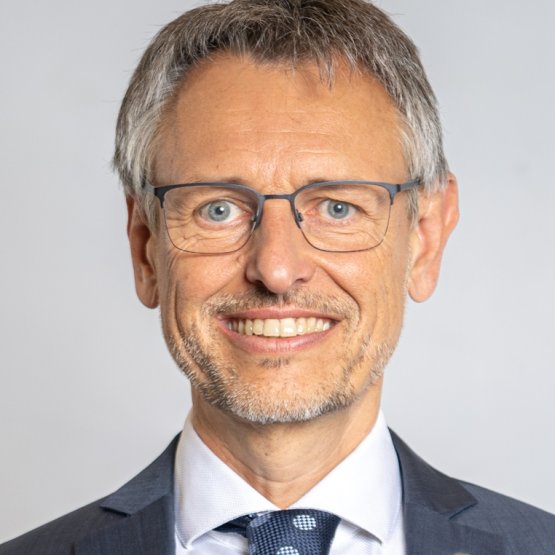
Dr. Alexander Fleischanderl
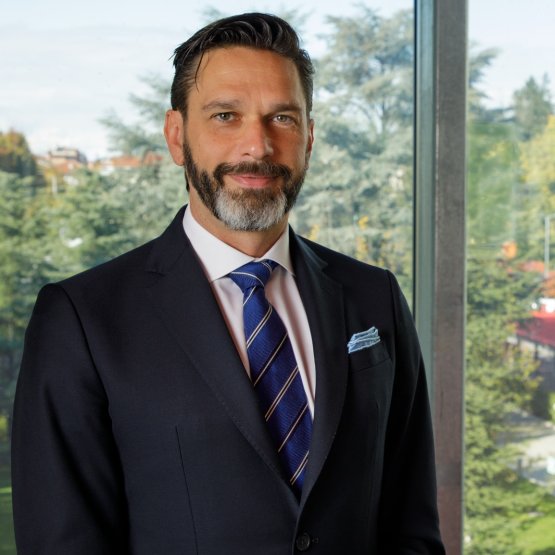
Paolo Argenta
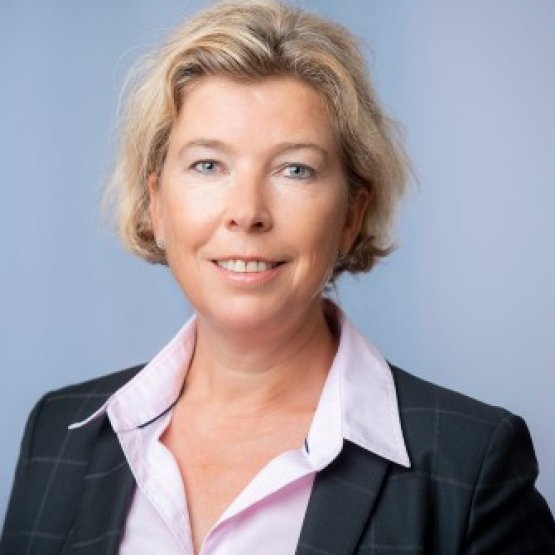
Dr. Heike Denecke-Arnold
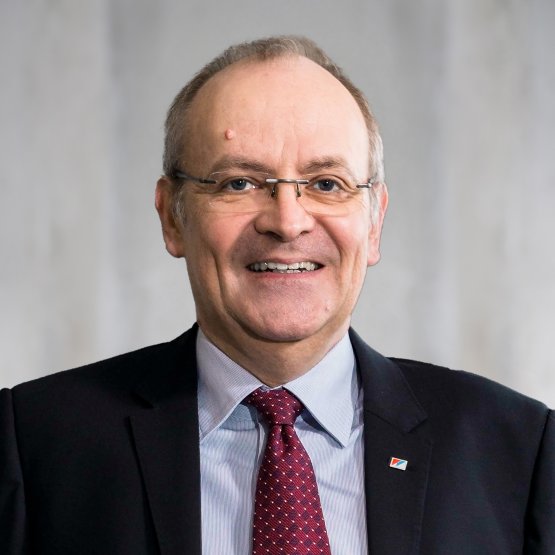
Dr. Thomas Hansmann
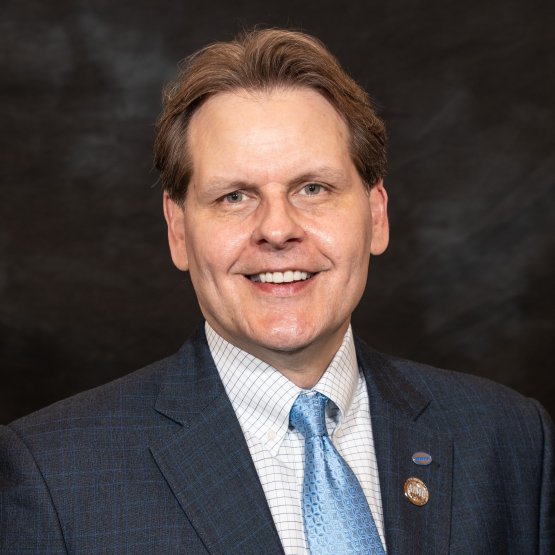
Ronald E. Ashburn
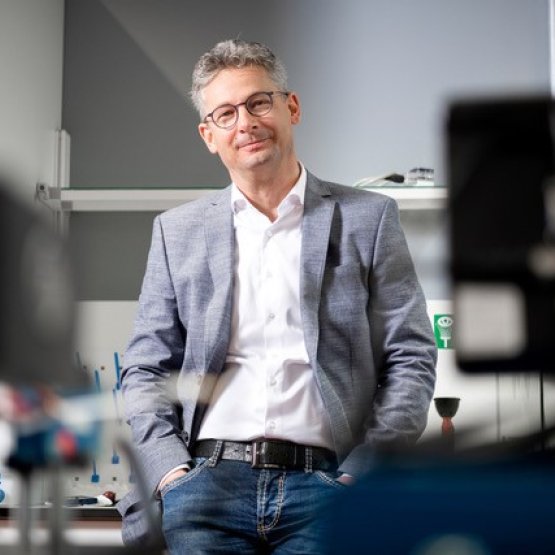
Prof. Dr. Karsten Pinkwart
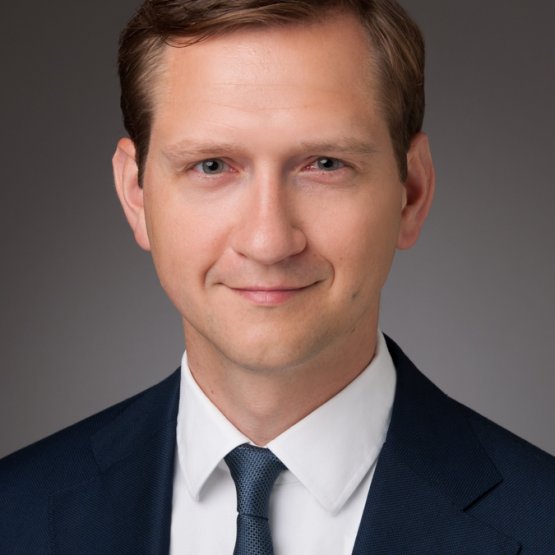
Robert Baron
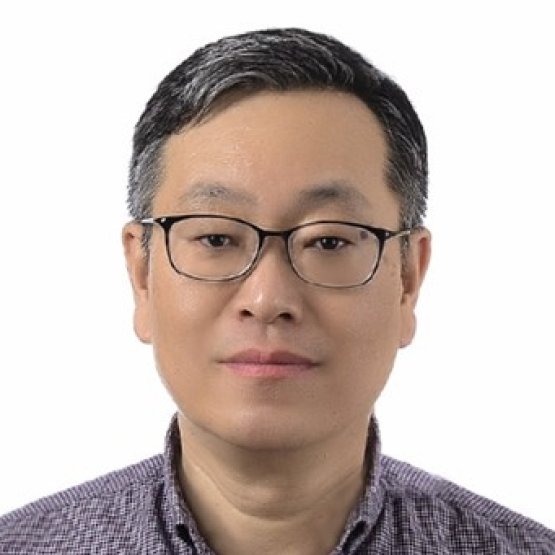
Dr. Shin Myoungkyun
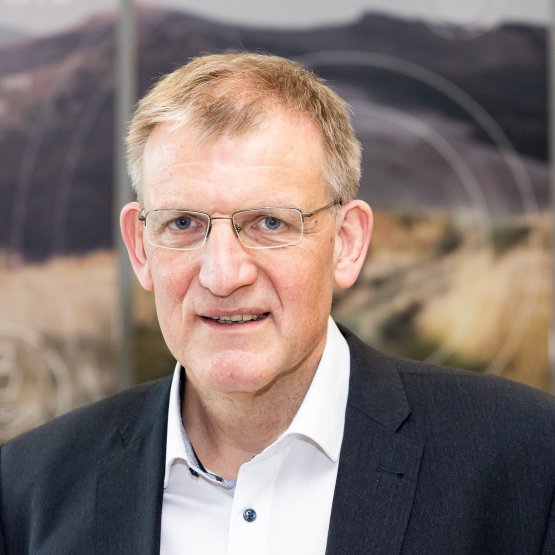
Dr. Ing. Peter Juchmann
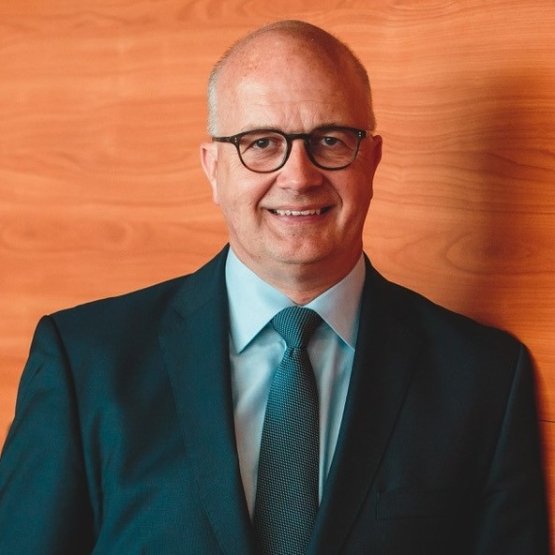
Dr. Henrik Adam
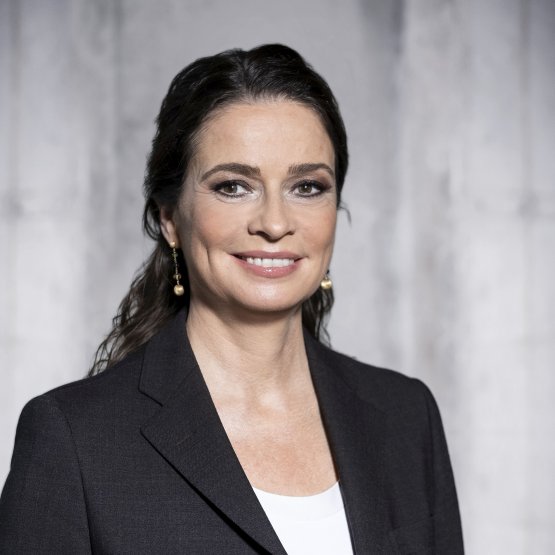
Prof. Katja Windt
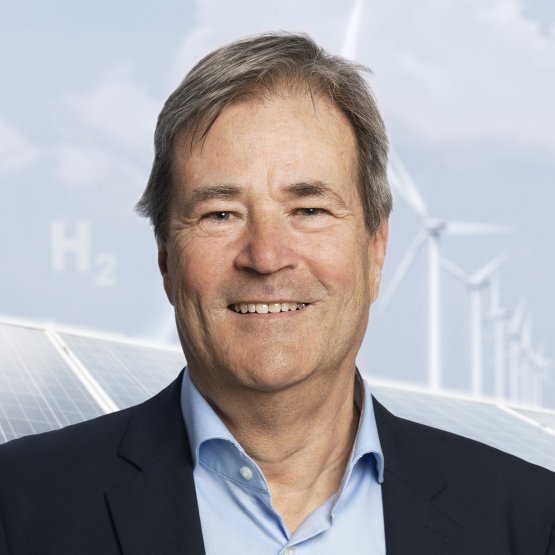
Dr. Luc Bol
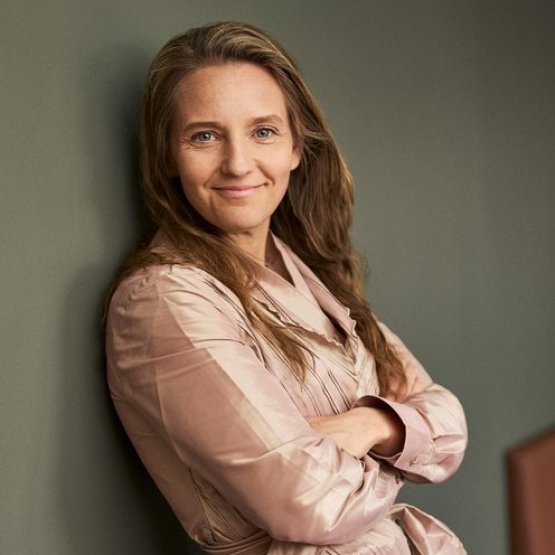
Maria Persson Gulda
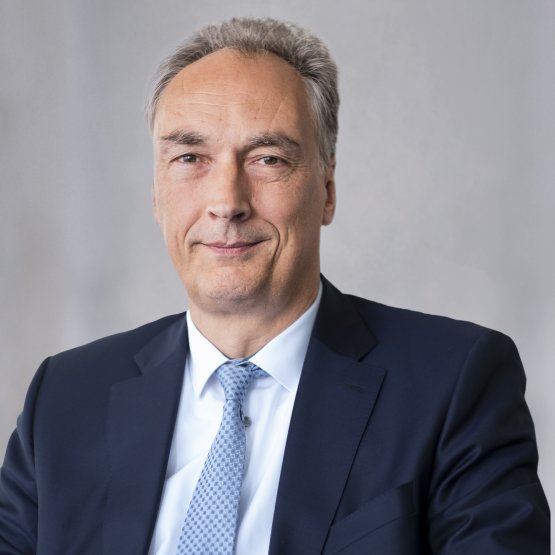
Burkhard Dahmen
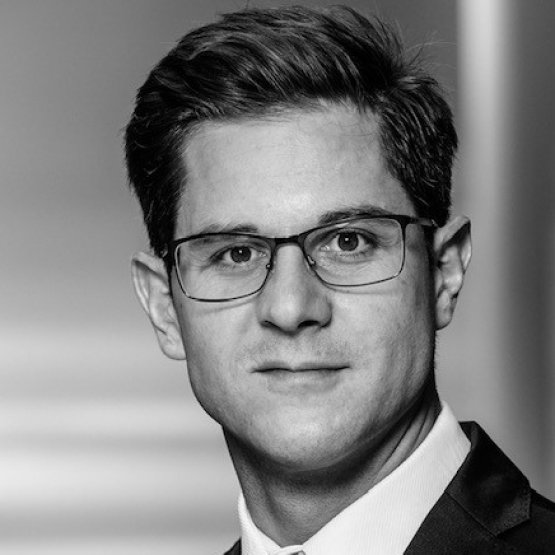
Dr. Michael Skorianz
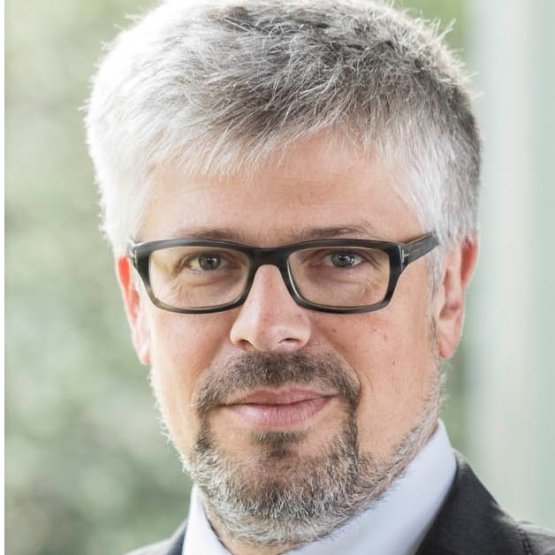
Dr. Ing. Jean-Frédéric Castagnet
Compliance Rules
The Steel Institute VDEh and all cooperating organizations are committed to adhering strictly to all applicable antitrust laws. Within the context of METEC & 6th ESTAD it is strictly prohibited to discuss competitively sensitive subjects such as price-fixing agreements or agreements on quantities.
You will find the antitrust guidelines "Guidelines on Adherence to Cartel-Law Regulations" on this website under the topic INFORMATION.

